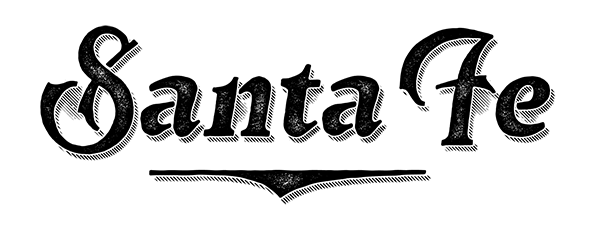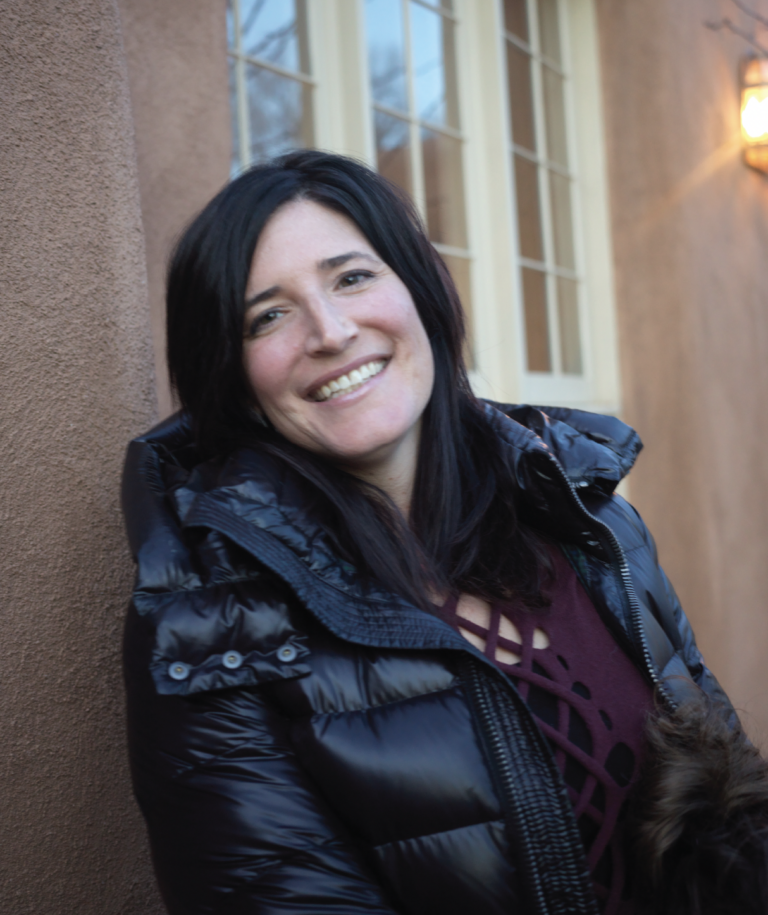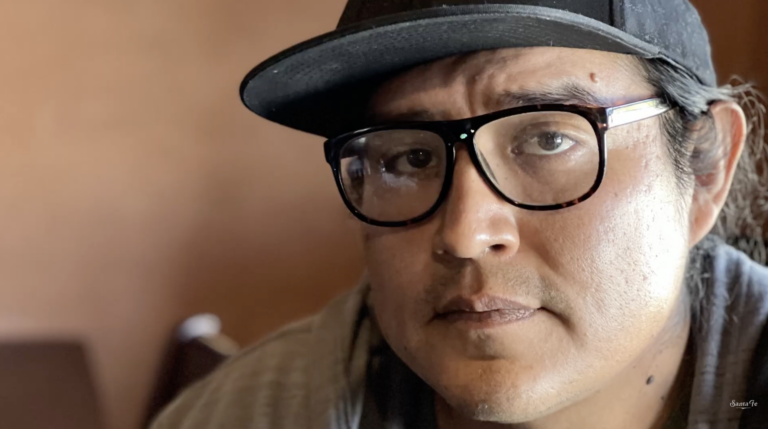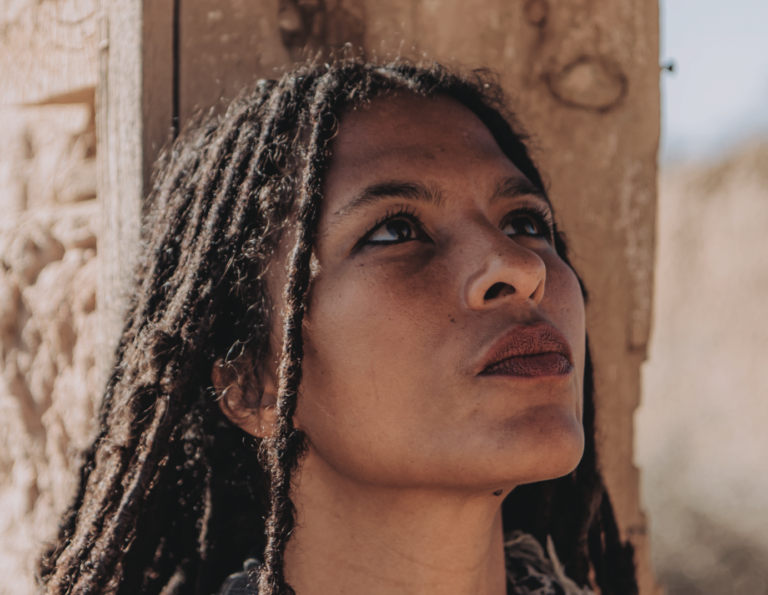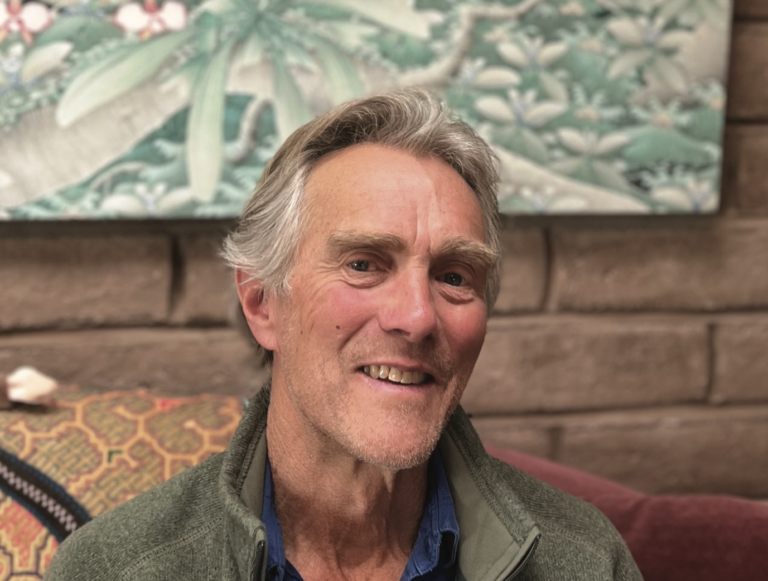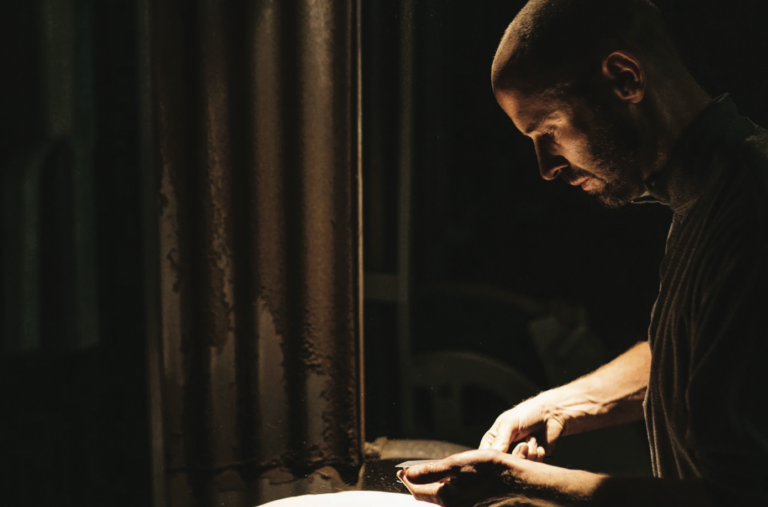MOST OF US HAVE NOT RECENTLY REQUIRED the services of a criminal lawyer.
But, in the event you or yours have a need for one, it might be prudent to get some better information than you get from, say, a reality show or Dostoevsky.
I met Sam Ruyle and Thomas Clark in their Galisteo Street offices on one of those weirdly warm, sun-dappled Santa Fe February afternoons. There is an ancient bar and pool table underneath their brick colonial office. It looks well-attended.
It would be wrong to see them as laid-back country lawyers, Santa Fe-style (though they are that). What you actually see when you spend time with them is this: a sense of responsibility for what they do that seems stamped into their beings, with an intensity that creates its own barometric pressure.
Their clients are, as a rule, in big trouble. They may have killed someone or stolen something very valuable. If they are found guilty, even if they settle, they are often facing jail time, often extended jail time. Contrary to our fanciful idylls, these guys believe there is no redemptive jail time – it is not designed to rehabilitate. It is intended as a punishment, and its effects are invariably punishing. Even so, a lot of prisoners are transformed from their jail-time reading.
But not most. The US has the highest number and highest percentage of jailed prisoners in the world: 698 per 100,000. El Salvador comes in second (614), with Turkmenistan as a lagger (552).
Sometimes crimes are a kind of sociological inevitability. Sometimes they happen out of passion, or from happenstance, all too complex to describe or understand. Job number one for a defense attorney is to secure the best outcome for these very bad situations. Sometimes, their clients are guilty. Sometimes not. But most of them are sorry.
What made you become lawyers?
Sam: My grandfather was an attorney, as was my father. I grew up running around law firms, hiding in the stacks of books. I learned the way they think.
Tom: It seemed like something I might be good at. I didn’t really want to go to work after college and law school seemed an extension of undergraduate.
What are the best day-to-day things that you like?
Sam: There’s an excitement to this job. You never really know what’s going to walk through the door. It could be a homicide, a dog bite, a wild DWI, cops misbehaving, political figures misbehaving.
There’s an adrenaline kick to it. Almost a morbid fascination. We have a saying around here; If you look for the depths of human depravity, you’re not going to find them.
Tom: This job I equivocate to standing very close to a flame. We don’t have the guts to act outside the law, but we have the guts to defend the people who have chosen to act outside the law. And an older lawyer once told me, there’s almost an addiction to the adrenaline that comes from trial work.
We get to go after government officials. We get to go after cops. I get to cross-examine a cop, and that’s something you can’t imagine. The adrenaline rush of cross-examining a cop during a murder trial is like nothing else I’ve ever experienced.
Why?
Tom: Because all eyes are on you in that moment, and you’re sitting next to somebody who’s likely done something horrible. Murder, rape, molestation, high-level trafficking. And you’re acting on that person’s behalf because our legal system mandates it. That person, no matter what they’ve done, should have the best and the brightest.
WANT TO READ MORE? SUBSCRIBE TO SANTA FE MAGAZINE HERE!
Photo SFM
